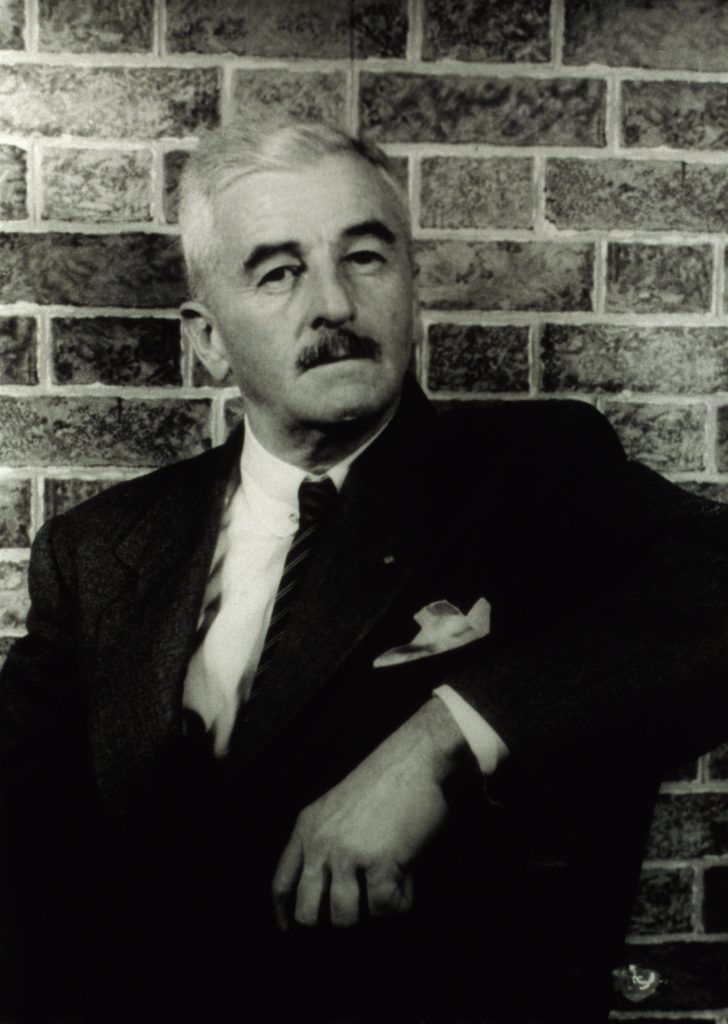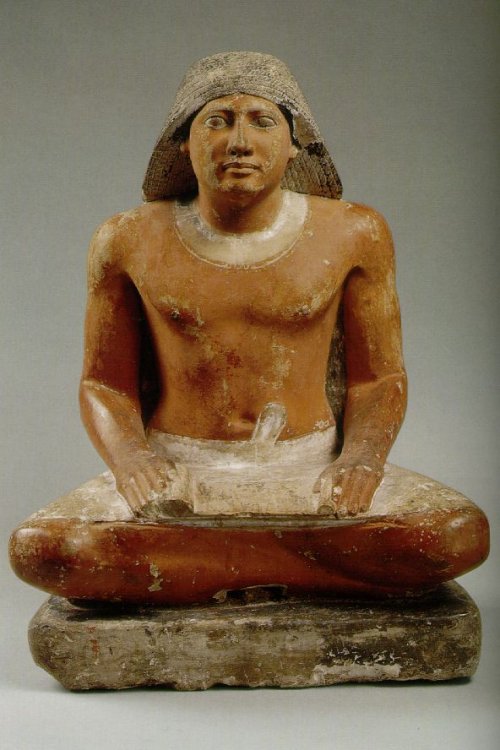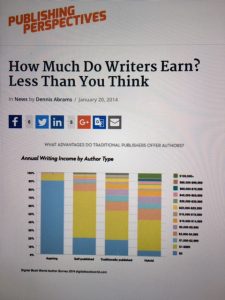In a 1958 interview, William Faulkner said, “Don’t be ‘a writer’ but instead be writing.”

“Don’t be ‘a writer’ but instead be writing. Being ‘a writer’ means being stagnant. The act of writing shows movement, activity, life. When you stop moving, you’re dead. It’s never too soon to start writing, as soon as you learn to read.” (from an interview excerpted in The Daily Princetonian, 1958)
I have no quibble with the latter. Action is absolutely essential. But I beg to differ on the former. Being a writer—identifying oneself as a writer—is a mind-set with profound implications.
Benefits of Being a Writer I’ve Observed
For one thing, you become more aware of the nuances of language—for example, the difference between mopping up the water and sopping up the water. It goes beyond dictionary definitions, punctuation, and grammar, necessary as those are.
You become a more observant person, noticing what people say and how they say it. You realize that saying something is beautiful, scary, dull, etc. really doesn’t communicate much. It tells the speaker’s emotional response, but does nothing to allow the listener to share the experience. What caused that emotional response?
Then, too, writers are life-long learners. Writers need to—want to—“get it right.” If the story is set during the Great Depression, and you write that ham was ten cents a pound or gas was ten cents a gallon, it needs to be accurate. Readers can’t trust a writer to get anything right if they don’t get basic, verifiable facts right.
Writers meet other writers, in classes, critique groups, at conferences, online, in all sorts of interesting places. The result is a confluence of interesting people. I never met a boring writer (though some writers are married to remarkably boring spouses).
Other writers sometimes become friends, friends who really care about what you are doing, who are willing and eager to talk about it. I have a whole circle of friends and relatives who are happy when I publish something (mostly short stories these days). But they don’t ask about my writing otherwise, seldom ask the title, never ask where it is published, don’t really want to hear about plot, structure, or getting stuck.
Writing has allowed me to know myself better. The recurrence of themes—whether struggles, outcomes, or family relationships—shows me what is (and probably always was) important to me.
I once wrote a story of a childhood event vivid in my memory from the perspective of my mother. It gave me a new appreciation for her life situation, marriage, and goals.
Speaking personally, writing is the most intellectually engaging thing I do. It feeds my soul.
Benefits of Being a Writer Researchers Have Observed
There isn’t a lot of research on soul food, but there’s quite a bit of research on the benefits of writing.
Psychiatrist and life coach Dr. Erwin Kwun has described five benefits of writing:
- Build resilience
- Sharpen the mind
- Boost your happiness
- Communicate complex ideas clearly
- Learn about yourself
For one thing, writing is good for one’s cognitive skills. According to a review of relevant research by M. Cecil Smith, Ph.D. (published by Northern Illinois University), writing seems to be beneficial to cognitive skills because it requires focusing attention, planning and forethought, organization of one’s thinking, and reflective thought, among other abilities – thereby sharpening these skills through practice and reinforcement. Writing may, indeed, be beneficial to intellectual vitality, creativity, and thinking abilities.
The National Institutes of Health agrees, being a writer is good for one’s emotional well-being. “Writing allows individuals to observe, monitor, and evaluate how they express and control their emotions. The sense of control over emotions that is a direct result of writing helps the writer improve their well-being and reduces negative emotions.”
English teachers and writing teachers know very well the benefits of being a writer. Not only is writing practice critical to develop good reading skills, it is also a crucial job skill. Because so much communication today takes place online, being able to write clearly and directly has become a necessary skill for social connection.
- Writing equips us with communication and thinking skills.
- Writing expresses who we are as people.
- Writing makes our thinking and learning visible and permanent.
- Writing fosters our ability to explain and refine our idea.
- Writing allows us to process and understand our own experiences.
- Writing gives us better empathy and understanding of people different from us.
- Writing creates entertainment for ourselves and others.
- Writing provides others with a sense of who we are and how we think.
Writing is an important and powerful tool in everyday life. Writing allows us to store information, to make a permanent record. The appeal of this function of writing is evidenced by the popularity of keeping diaries (records of daily events) and journaling (with more focus of the meaning of events, making it more internal and personal).
Bottom Line: Be a writer in 2024. It’s good for you!








